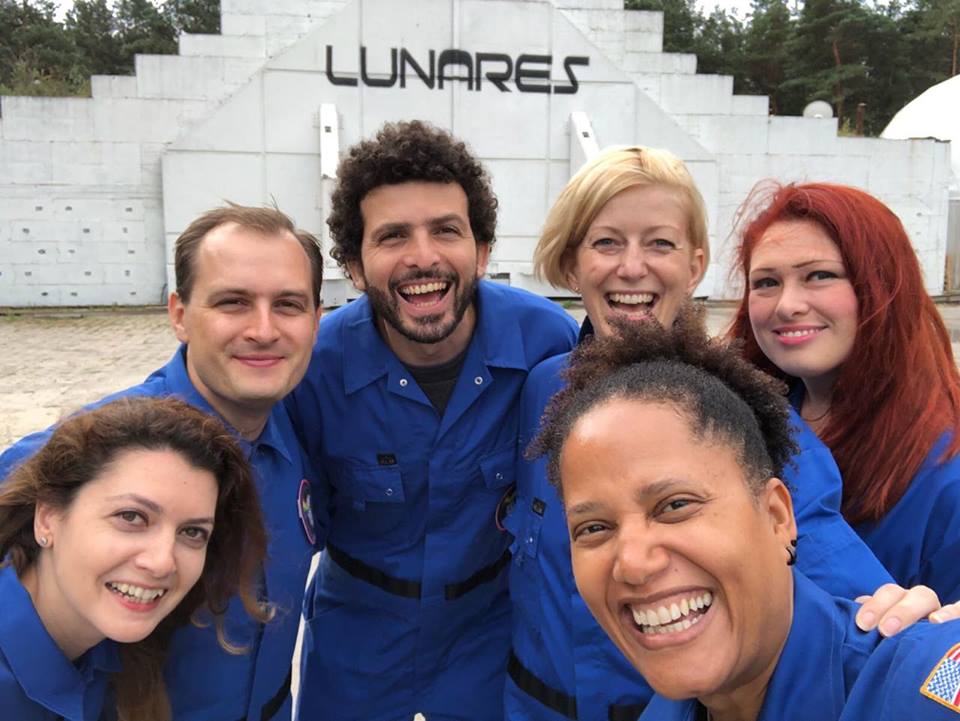Coinciding with the 49th anniversary of the first moon landing and the longest lunar eclipse in the 21st century, Egyptian Adventurer and entrepreneur Omar Samra joined a group of international analogue astronauts to take part in a unique lunar analogue mission (Lunares 3) in Pila, Poland The crew spent 15 days in total isolation, carrying out numerous experiments and research to provide insights into the spectrum of human traits essential for future lunar settlement; as well as to further the advancement of space exploration and science. Throughout the mission, they carried out 40 research projects covering a wide array of fields including crew psychology, physiological performance, robotics, hydroponics, bioengineering, and creative performance. “I feel privileged to have been selected among this group of talented scientists, engineers, artists and aspiring astronauts; and to represent Egypt in humanity’s quest to improve how we survive and thrive during future long duration space missions,” said Omar Samra, whose title was Vice-Commander. One of the most notable research projects of the mission used Virtual Reality (VR) technology inside the habitat, to train crew in operating hazardous equipment during space walks. The crew then stepped onto the moon landscape to perform the…



